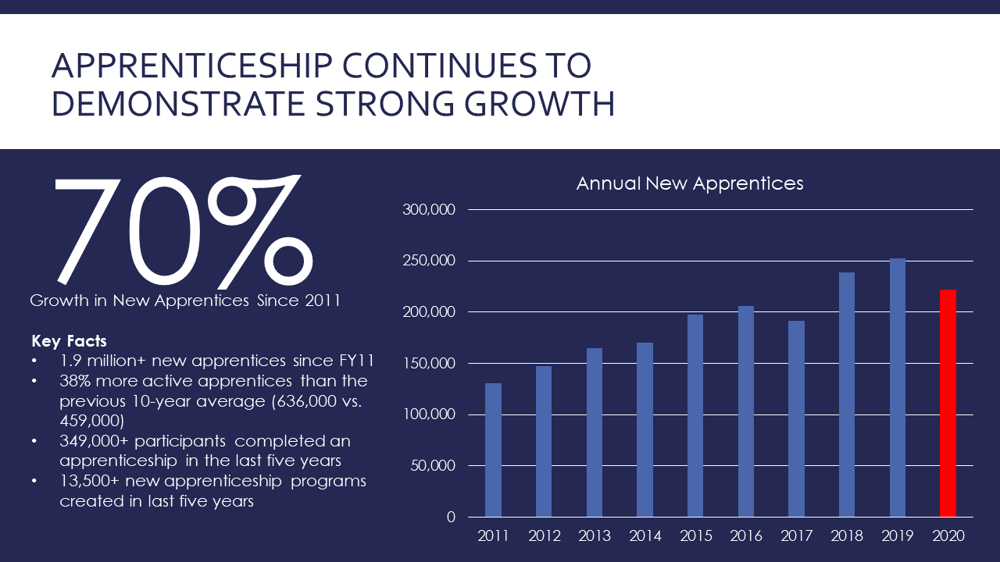Top Trainings and Certifications for Plumbers
Explore the top plumbing training and certifications to enhance your skills, stay updated with industry standards, and boost your business.
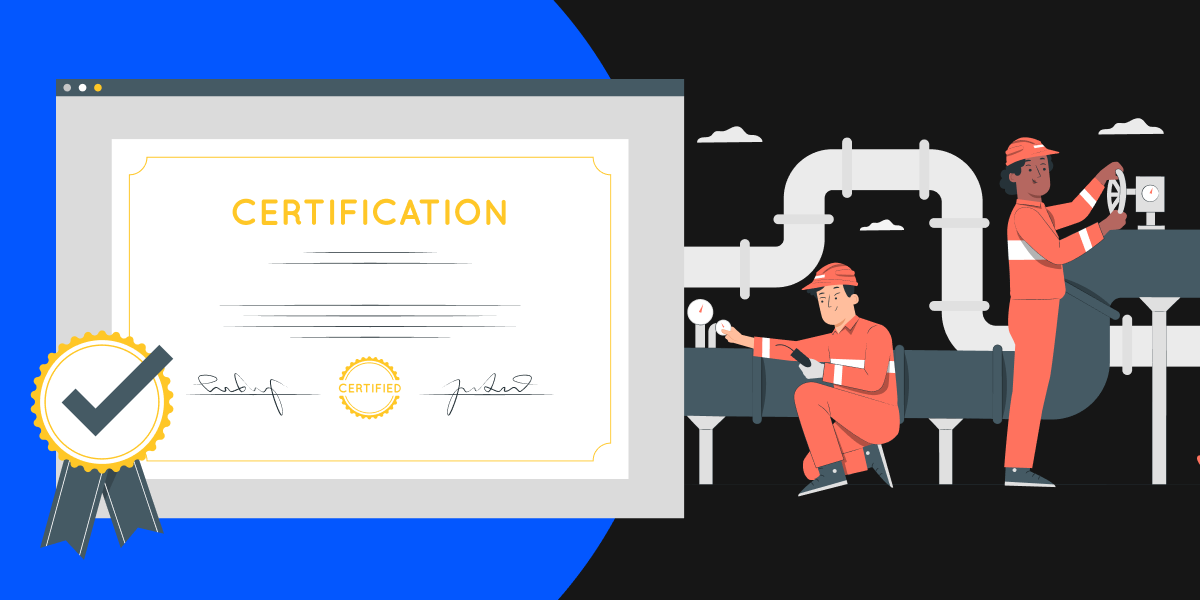
Jump to:
Plumber Shortage in the United States | Apprenticeship Programs for Professional Plumbers | Licenses & Certifications | Continuing Education for Licensed Plumbers | Empower Your Plumbing Career
Being a plumber is more than just unclogging drains and replacing broken pipes. It’s a demanding profession that requires specialized knowledge, skill, and certifications to succeed. To become a certified professional plumber, you must complete the right training program and pass all relevant certification exams.
This article will outline the top training and certifications for plumbers to help you take the best path to a profitable career.
Plumber Shortage in the United States
The plumbing industry in the U.S. is currently experiencing a shortage of qualified professionals due to an aging population and increased demand for skilled plumbers. In fact, according to a 2023 survey by Mr. Rooter Plumbing, more than 1/3 of American homeowners have called a plumber to request their services in the past two years, and they are more likely to call a plumber than someone they know or do the work themselves.
But in many markets, plumbers are overwhelmed by the amount of service requests. As more homeowners go on waiting lists, the opportunity for upcoming service professionals is already quite high in many parts of the country.
This means that now is the perfect time to start your training and certification process as a plumber and join this growing industry, and the following options can help you to get started.
Apprenticeship Programs for Professional Plumbers
Source: US Department of Labor
One of the best ways to learn the trade is through a plumbing apprenticeship program. An apprenticeship program can provide hands-on training in various plumbing tasks, enabling you to build relationships with experienced professionals who can provide valuable advice and guidance.
Local unions or employers run most apprenticeship programs, but some national organizations offer these types of programs as well, such as the Plumbers and Pipefitters Union located in St. Louis. Let’s take a look at some of the ways you can become a plumbing apprentice.
Trade School Diploma and Hands-on Experience
For those interested in a more structured approach to learning the trade, trade school diplomas are ideal. Trade schools can provide both classroom instruction and hands-on experience. Many of these programs offer certification exams upon completion, like at the Pennsylvania College of Technology, giving you an edge in the job market.
Plumbing Industry Partnerships and Associations
The plumbing industry has many partnerships and associations that can provide additional training opportunities, like the PHCC or the ASPE. These organizations often offer seminars, classes, and certifications to help you stay up-to-date with the latest industry trends.
Many also provide resources for continuing education, so it’s worth exploring these options if you want to take your career in plumbing further.
Licenses & Certifications for American Plumbers
In most states and counties, operating licenses and certifications are required by law. Depending on your state or country, some of these may include a journeyman’s license, master’s license, and other specialized certifications for gasfitting or water heater installation. Additionally, many employers require additional safety training before allowing a plumber to start work in their facilities.
Let's take an in-depth look at all of the types of plumbing certifications and licenses you could get to help you make the best decision for yourself.
Journeyman Plumber License
A journeyman plumber’s license is the most common certification for professional plumbers. It allows a person to perform plumbing activities such as installing, repairing, and maintaining piping systems in commercial or residential buildings.
To obtain a journeyman's license, you must have at least four years of experience working as an apprentice under a licensed master plumber and pass an exam administered by your state or local government.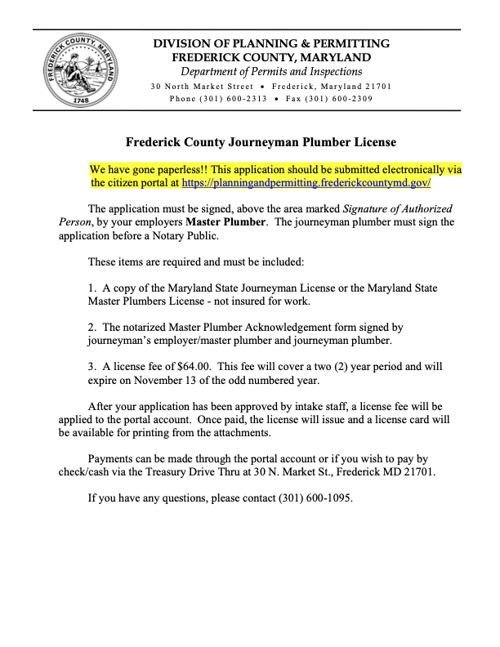
(Image above) Example of a Journeyman Plumber License application process, courtesy of Frederick Country, Maryland
As you can see in the example image, the application process often requires several forms and a license fee that covers two years of work on top of the work you have already done to get to this point. While the process is complicated, it is being made easier through paperless processes in some states, and the effort is worth it in the end.
Master Plumber License
The master plumber license is the highest level of certification for a professional plumber. It allows individuals to supervise plumbing activities, as well as perform them. To get your master’s license, you must have at least eight years of experience working in the plumbing field and pass an exam administered by your state or local government.
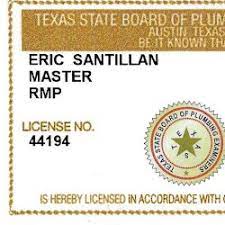
(Image above) Example of a Master Plumber License, courtesy of Eric Santillan and the State of Texas
Just like the journeyman's license process, getting your master's requires several forms and a fee that covers two years of work on top of your experience and examination. This process can be made easier through paperless processes in some states as well, making it more efficient than ever before.
Backflow Prevention Certification
Backflow prevention certification is a specialized license for plumbers who wish to install and maintain backflow preventers, which are used to ensure that contaminated water does not flow back into the main supply. This certification requires additional training beyond the journeyman or master's level, as well as passing an exam administered by your state or local government.
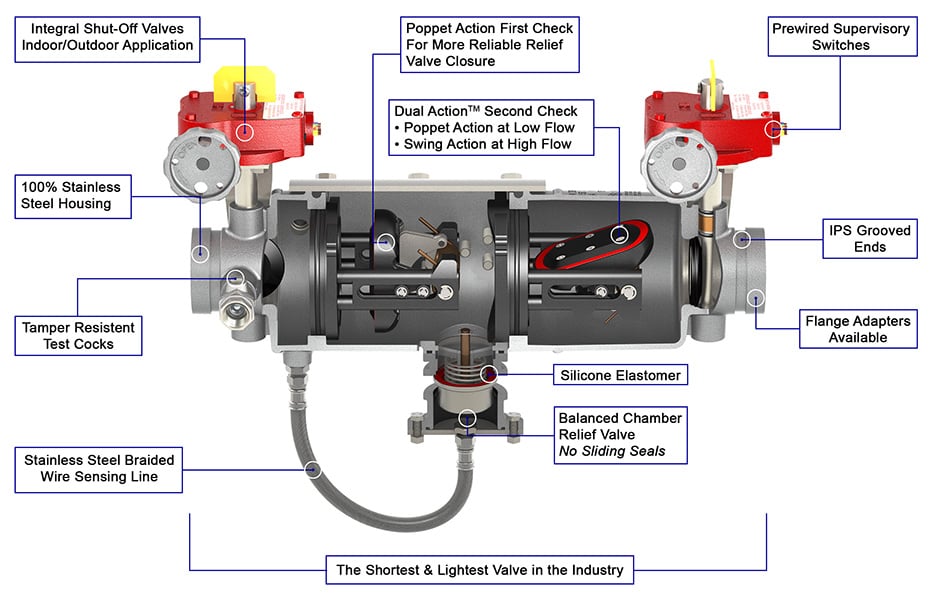
Source: Old Guard Inc
Backflow preventers are becoming increasingly important plumbing systems for both commercial and residential buildings, as they help protect the public water supply from contamination and ensure that it remains safe for use. As such, this certification is becoming a vital document for professional plumbers who want to stay on top of the latest technological advancements in their field.
Green Plumbing Certification
Green plumbing certification is a specialized license for plumbers who wish to work with green energy and water conservation solutions. This certification requires additional training beyond the journeyman or master's level, as well as passing an exam administered by your state or local government.
As more and more homeowners are looking for ways to reduce their environmental impact, this certification can help you stand out from other professionals in the field. Additionally, green plumbing solutions can also be used to save money on utility bills, making them increasingly attractive options for both commercial service pros and residential plumbing systems.
Medical Gas Installer Certification
Medical gas installer certification is a specialized license for plumbers who wish to install and maintain medical gas systems. This certification requires additional training beyond the journeyman or master's level, as well as passing an exam administered by your state or local government.
Medical gas systems are used in hospitals, nursing homes, and clinics to ensure that oxygen and other gasses are delivered safely and efficiently. As such, this certification can help you stand out from other professionals in the field while also ensuring that you can provide safe services for patients in need of medical care.
OSHA Training for Plumbers
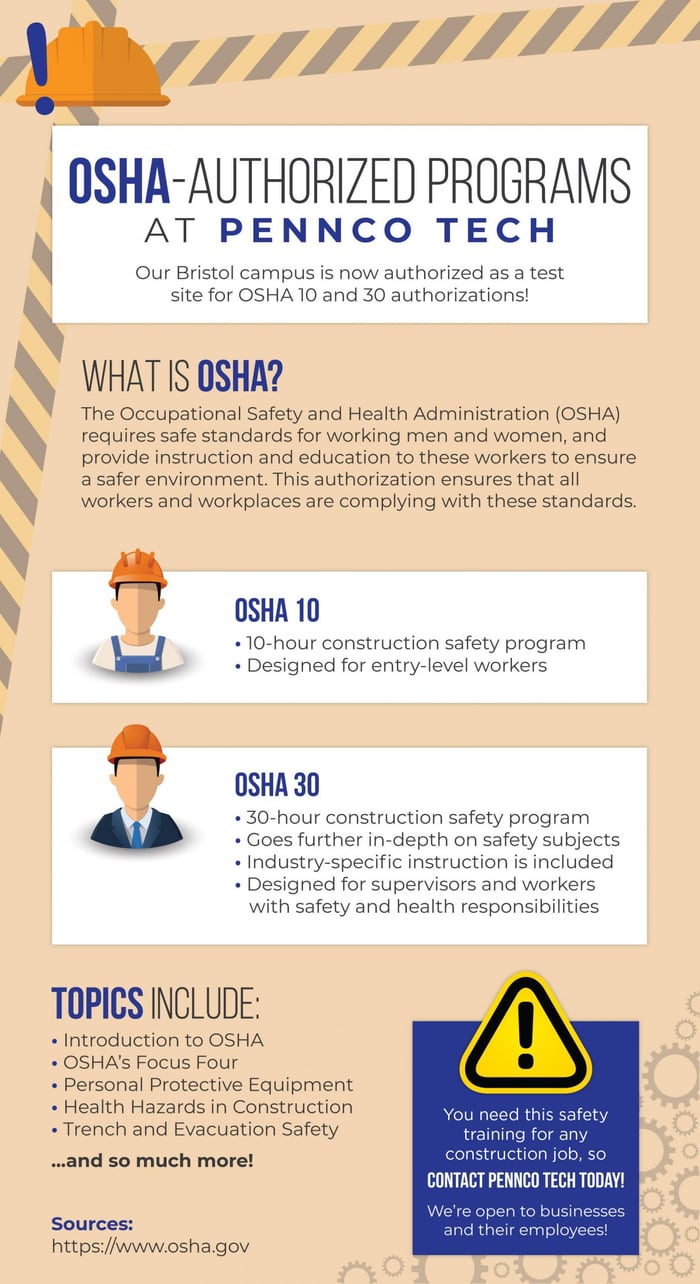
Source: Pennco Tech and OSHA
Separate from licenses and certifications is OSHA training, which is an essential component of any plumbing program. The Occupational Safety and Health Administration (OSHA) sets workplace safety standards for all professions, including plumbers.
An OSHA training course will teach you about the various safety procedures and regulations that must be followed to ensure a safe working environment. It’s important to note that although OSHA training isn’t required by law, it should still be taken seriously as it can significantly reduce hazards in the workplace and improve overall job performance.
ASSE Certifications for Plumbing Professionals
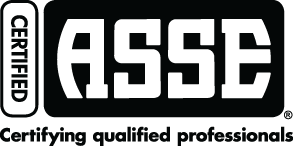
Source: ASSE International
The American Society of Sanitary Engineering (ASSE) is a leading organization that offers certification programs for plumbing professionals. The ASSE plumbing certifications are recognized by the industry and can provide you with an advantage over other plumbers who don’t have them. There are three main areas of certification:
- water supply
- drainage
- gas systems
LEED Accreditation for Eco-Friendly Plumbing
LEED (Leadership in Energy and Environmental Design) accreditation is becoming increasingly important for plumbers looking to stay ahead of the competition. LEED certification allows you to demonstrate your commitment to eco-friendly plumbing practices, making you attractive to potential customers who want their projects completed with an eye toward sustainability.
To become LEED certified, plumbers must take a course that covers water conservation techniques and green building principles.
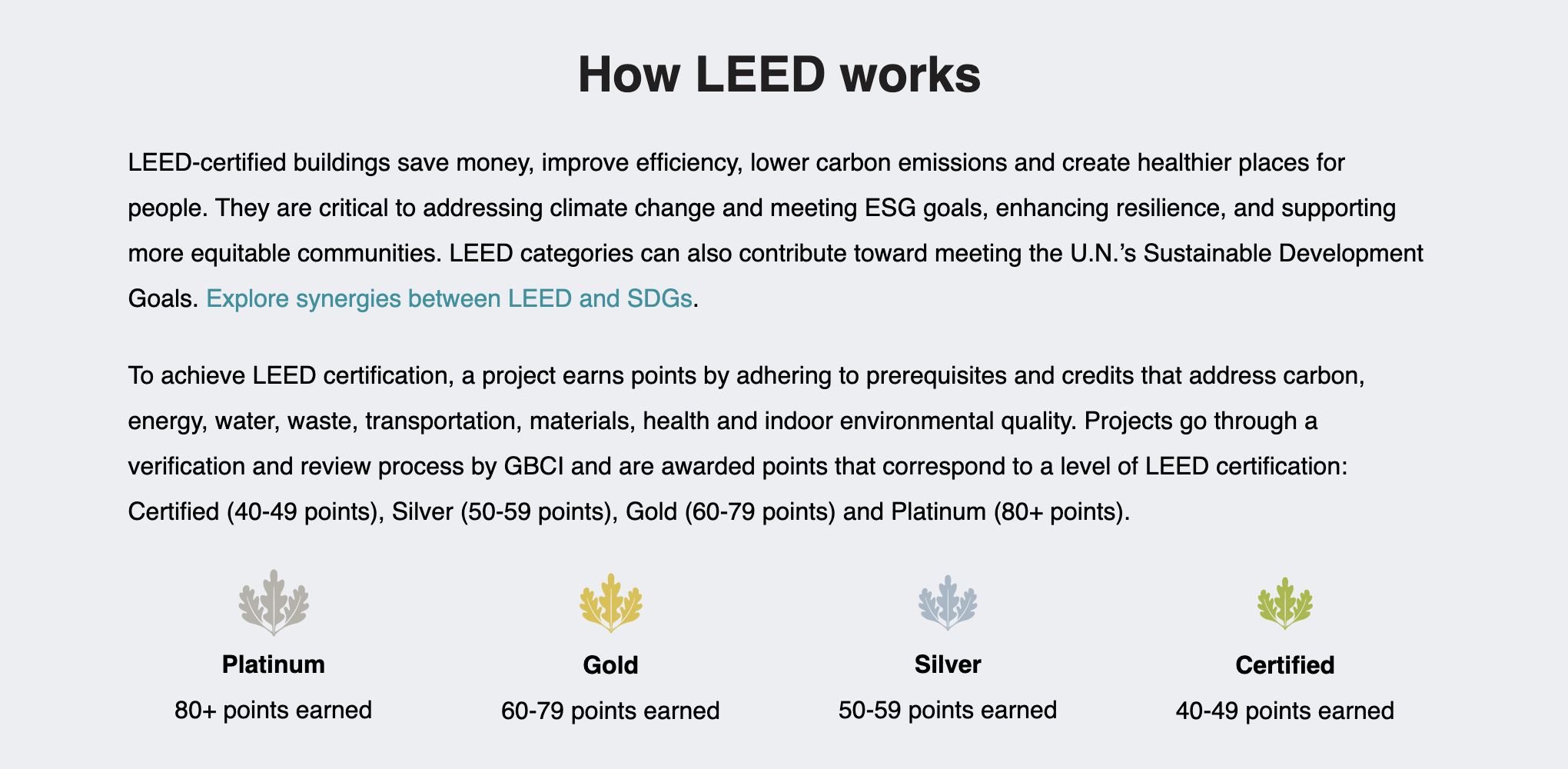
Source: USGBC.org
As shown in the image above, certification is just the first step in the LEED process.
Plumbing projects by LEED-certified plumbers must go through a rigorous review process by GBCI (Green Building Certification Institute) before they can be officially recognized as LEED-certified projects. This includes a ranking on a points scale from 40 to over 80 points, with each point value corresponding to a certification rating: certified, silver, gold, or platinum, in order from least to greatest point value.
Continuing Education for Licensed Plumbers
If you already have a plumber’s license, the best way to stay up-to-date on the latest industry trends and technologies is to complete continuing education (CE) courses. The American Society of Plumbing Engineers (ASPE) provides plenty of CE opportunities for licensed plumbers.
These courses cover topics such as plumbing code updates, safety regulations, materials selection, and installation methods. Let's look at some reasons why you should consider continuing your plumbing education.
Staying Updated with Plumbing License Requirements
Continuing your plumbing education will help you stay up-to-date with the latest plumbing license requirements. Many states require that licensed plumbers complete a certain number of CE hours of training each year to keep their license active and in good standing. Completing CE courses will ensure that you meet these requirements and stay current on industry best practices.
Embracing New Technologies and Best Practices
Continuing your plumbing education will also allow you to stay current on the latest technologies and best practices. With new tools and materials entering the industry, it’s important for plumbers to understand how they can be used in residential and commercial settings. Taking CE courses will ensure that you are well-versed in the most up-to-date methods of installation, repair, maintenance, and diagnosis.
Empower Your Plumbing Career
Plumbers are in high demand, and the number of plumbers needed is expected to grow. To stay ahead of the competition, it’s important for plumbers to have specialized knowledge and certifications. The top pieces of training and certifications for plumbers today are the best ways to ensure success and stay ahead of your peers.
The opportunities to become a successful plumber are abundant, from licenses and certifications to training and education. You can empower yourself and your plumbing career with the right tools and qualifications, so don’t wait any longer to get started!
%20(1)%20(1).png?width=340&name=Group%2012%20(2)%20(1)%20(1).png)

